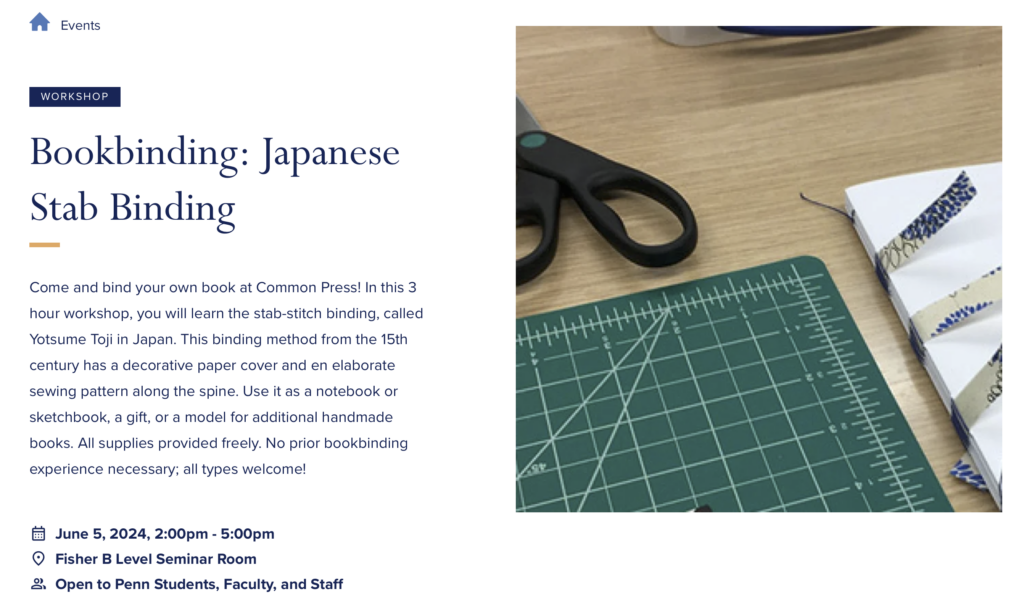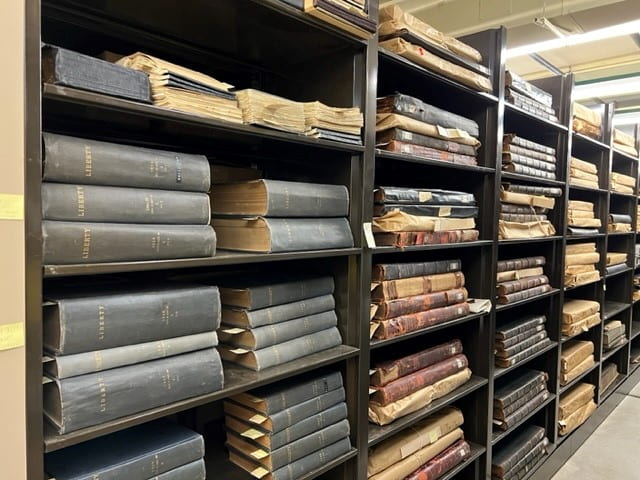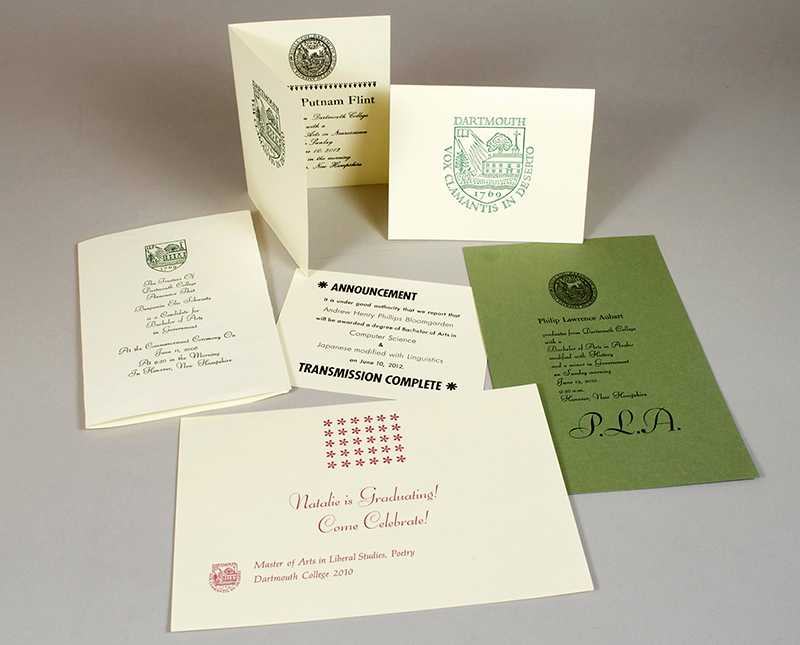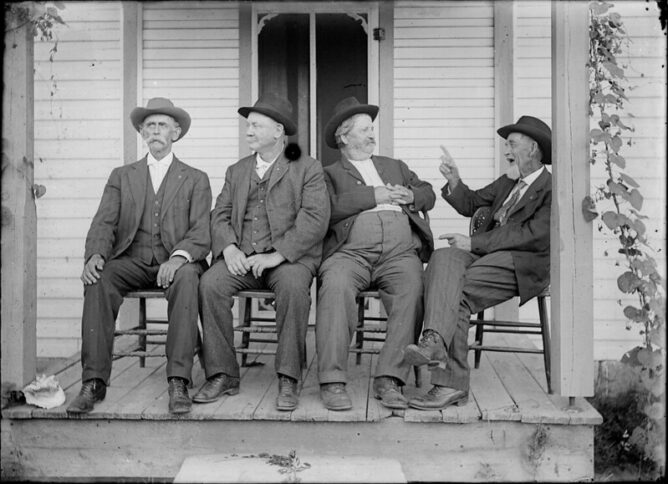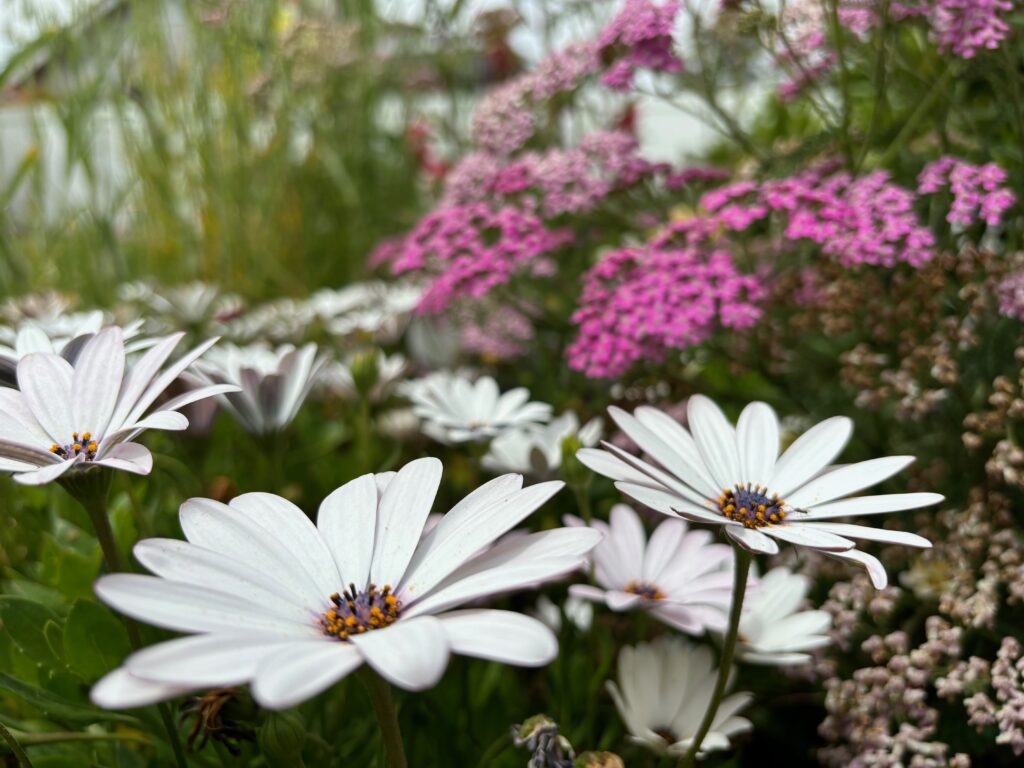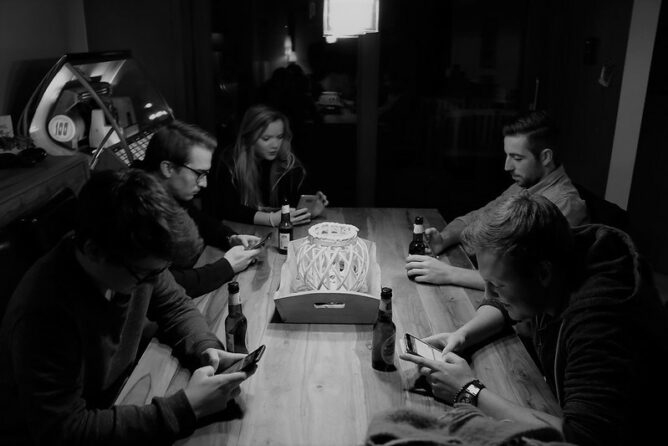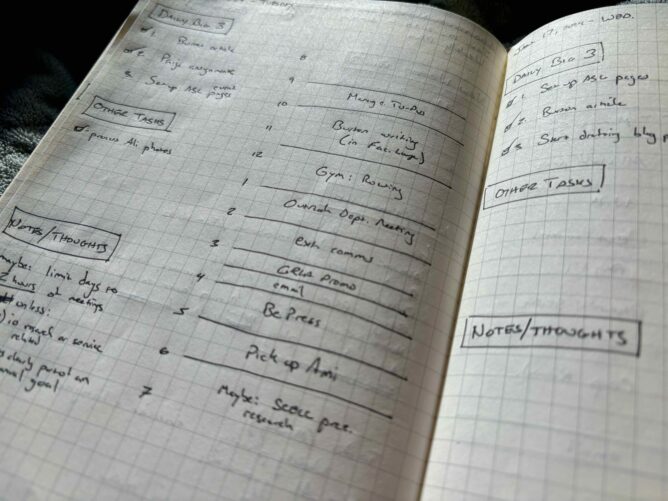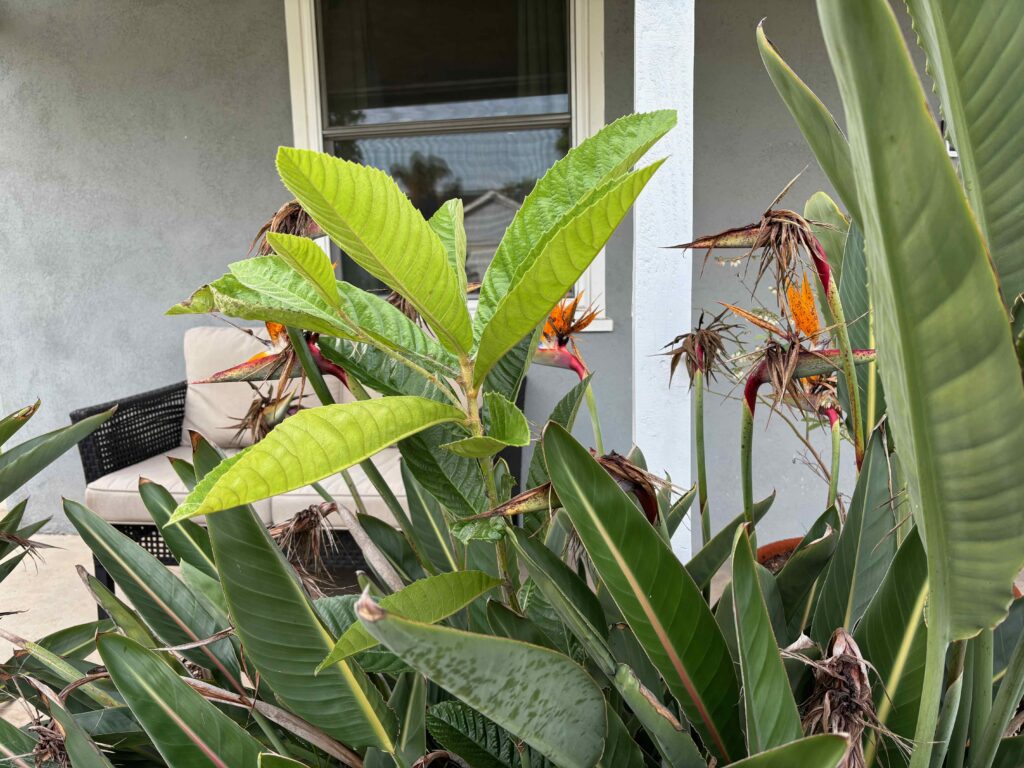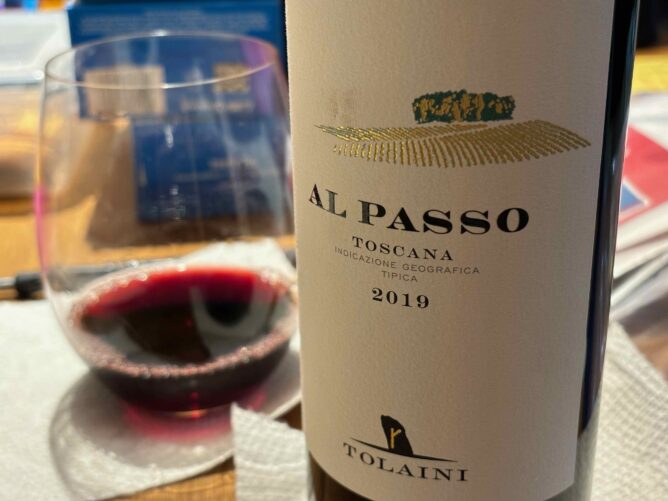Last week, I gave a lightning round talk at the 2024 SCELCapalooza annual conference on the utility of email as an outreach tool for academic libraries. “Wait,” you are probably telling yourself, “what year is it? Are we really talking about email marketing again?”
Admittedly, this opportunity to present was a self-challenge: could I build an argument that in today’s social media rich landscape email was the most effective tool in our digital outreach toolkit? Turns out, I could and it might be. Since the arrival of Gen Z in institutions of higher ed, and especially following the pandemic, email seems to be experiencing a renaissance.
The conference limited the lightning round talks to seven minutes, so I had to leave out much of the context and nuance. It’s not quite as simple as I make it out to be, but like any good TED talk, the point is to get you to rethink your assumptions. And what we know about how students use email is changing.
Here is the transcript from my talk. I believe the slides will be available soon at the Sched link above. Enjoy!
You don’t need X: How email marketing triumphs over social in campus communications
Howdy, ya’ll. My name is John Jackson. I am the Head of Outreach and Engagement for the William H. Hannon Library here at Loyola Marymount University. I have almost a decade of experience managing external communications for academic libraries. And I am not here to dump on social media.
In fact, I want to begin by encouraging you to follow @lmulibrary on Instagram. You can scan that code right there. I think our content is amazing! However, I am here to tell you that…. I probably don’t need it. For when it comes to reaching college students, email is the most powerful tool you have in your digital toolkit.
So today I’ll talk briefly about the rise of email over the past 3 years, especially among Gen Z users. I’ll talk about what we’ve done at LMU and end with a few tips for successful email marketing campaigns.
The rise of email
If email is like sending someone a letter, then social media these days is like dropping leaflets from an airplane in the middle of the night. There’s no guarantee you’re going to reach your target and even if you do, most of your target population is asleep. Social media presents two barriers to successful communication: the first is he who shall not be named. [at this point, I showed a slide that simply had the words “The Algorithm.”]
Social media platforms long ago ditched the chronological feed and most have taken the lead of TikTok in featuring For You Pages that prioritize content outside the folks you follow. So even if your library has 10,000 followers on Instagram, there’s no guarantee they will ever see your content.
The second barrier that social media puts up against successfully reaching our students is their own changing usage. All generations, but younger generations in particular, are moving to smaller, more private online communities. 6 out of every 10 users on Twitter stopped using the platform in 2023 and a quarter of those users have no plans in coming back. Instagram’s growth seems to be slowing down among 18-24 year olds. Services like WhatsApp and SnapChat that prioritize private group interactions are on the rise. And as much as people love the library, we’re not going to be added to the group chat. The time and energy we put into creating content for a platform that is not and will not push that content directly to our users is time and energy that could be used elsewhere.
With email, reach is guaranteed. They may not do anything with your email, but they will get it. The same can’t be said of social media content.
Email and college students
In 2021, 93 percent of 15-24yr olds in the U.S. reported using email. No social media platform, with the exception of YouTube, even comes close to that. According to Statista, 46% of people in the US prefer email for communication. Between 2022 and 2026, email usage is expected to grow globally to almost 400 billion emails per year.
This especially holds true among consumers with brand loyalty, like library users. 37% of consumers state it is likely or very likely that their brand’s regular newsletter would influence them to purchase something. In that same study, 57% of responding Gen Zers stated they liked being emailed by brands.
And what about email usage in the university context? According to a 2021 study in the journal E-Learning and Digital Media, email is the most common communication channel between students and faculty. And since the pandemic, according to the journal New Media and Society, college students’ use of email has increased in both volume and frequency. A 2021 study of California community colleges found similar results.
And in one study examining a cross section of almost 2000 college students from public and private institutions across the nation found that email is the preferred mode. We see this pattern repeated over and over again.
Email at MPOW
Here at LMU Library, we have published a monthly newsletter for the past 14 years that goes out to more than 5000 subscribers. There’s the QR code. I hope you’ll subscribe to it.
In the education industry, open rates for emails average 24%. But at LMU Library, our open rates average 46% and often reach into the 80% range when we segment for specific audiences. Our main Marketing team at LMU sends out weekly emails to all students, and they are seeing open rates averaging close to 50% of the student body. 50%! The lesson here is that students are reading their emails! Which leads me to my final section…
Tips for success
Tip #1: Ask your subscribers what they want and customize accordingly. According to a 2022 study published in the Journal of Research in Interactive Marketing, e-mails customized using volunteered consumer data are 38% more effective than emails that only use observed data or no custom data at all. In one 2023 survey, 69% respondents said they wanted to receive emails that make them feel like a VIP and 70% are willing to share their hobbies with brands they subscribe to. Those numbers are even higher among Gen Z respondents. So ask your subscribers permission to customize based on data they voluntarily give you.
Tip #2: Segment your audience. Take that data and divvy up your subscriber list in meaningful ways. In the least, be sure to segment between faculty, staff and students: don’t send the same email to all groups. If you can get the info, divvy up your distribution lists by college major or by on-campus vs. off campus status. I’ve even seen one library divvy up their email list by the patrons’ book genre preferences. Segment based on action: for example, people who subscribed after attending an event. Most email marketing platforms, like MailChimp and Constant Contact, have this function, but you could even do it in Outlook.
Tip #3: Always Be A/B Testing. What is A/B testing? This is when you send out two, three or more different versions of the same email with slight differences to a portion of your subscribers. Whichever group responds most favorably based on open rates and clicks, that’s the version you then send to the rest of the group. Start with your subject line: try 2-3 different word variations, try including an emoji. Try two versions of the same email with different images. Keep tweaking until you find what works best.
Tip #4: Just like designing for the web, optimize your emails for search. Most folks never delete their emails. So there is a huge benefit to creating emails that are designed to be accessed later. By using keywords in subject lines, headers, and the body content, you can increase the likelihood that students will “re” discover your emails at a point of need.
Finally, Tip #5: It’s the little things that matter. Emails that start with an engaging image are more likely to get opened, especially among Gen Z recipients who like to preview their emails. Those call to action buttons? Including an emoji increases the likelihood that someone will click on it. Even selecting the right sender makes a difference. People want to open emails from someone they trust. Maybe it’s an email from “The William H. Hannon Library” if your library’s name has clout. Or maybe it’s an email from the Dean, if you’re just sending it to faculty. Think about who your audience expects to hear from and customize the sender field accordingly.
Conclusion
In the best of all possible worlds, we’d all have the resources we needed to create a robust, multi-platform digital outreach strategy that balances mobile, email, and social channels to reach all our users wherever they’re at. But we have to choose where to spend our time. Email marketing offers unparalleled advantages above social media through precision targeting and tailored engagement strategies. And it’s where our campus users are at. So before you join the latest social network, love the one you’re with. And make the most of it! Thank you. Please like and subscribe. Here’s how you can contact me on LinkedIn as well as my personal website. Thank you!
References
Dunne, N. (2021). Communication Technology Within Community Colleges [Ed.D., Brandman University]. In ProQuest Dissertations and Theses (2572604800). ProQuest One Academic. http://electra.lmu.edu:2048/login?url=https://www.proquest.com/dissertations-theses/communication-technology-within-community/docview/2572604800/se-2?accountid=7418
Emma. (2019, March 26). 8 Email marketing best practices for higher education. Email Marketing Software That Works For You | Emma Email Marketing & Automation. https://myemma.com/blog/8-email-marketing-best-practices-for-higher-education/
Emma. (2020, October 19). 6 tactics for successful higher ed email marketing. Email Marketing Software That Works For You | Emma Email Marketing & Automation. https://myemma.com/blog/6-tactics-for-successful-higher-ed-email-marketing/
Faverio, M. (n.d.). Majority of U.S. Twitter users say they’ve taken a break from the platform in the past year. Pew Research Center. Retrieved February 7, 2024, from https://www.pewresearch.org/short-reads/2023/05/17/majority-of-us-twitter-users-say-theyve-taken-a-break-from-the-platform-in-the-past-year/
Hartemo, M., & Link to external site, this link will open in a new tab. (2022). Conversions on the rise – modernizing e-mail marketing practices by utilizing volunteered data. Journal of Research in Interactive Marketing, 16(4), 585–600. https://doi.org/10.1108/JRIM-03-2021-0090
Huebner, C. (2019, January 14). Underestimating the Potential of Email. https://www.insidehighered.com/blogs/call-action-marketing-and-communications-higher-education/underestimating-potential-email
Kaufmann, R., & Vallade, J. I. (2021). Online student perceptions of their communication preparedness. E-Learning and Digital Media, 18(1), 86–104. https://doi.org/10.1177/2042753020950873
Marigold. (2023). Higher Education Forecast: 2023 Consumer Trends Index.
Nguyen, M. H., Gruber, J., Marler, W., Hunsaker, A., Fuchs, J., & Hargittai, E. (2022). Staying connected while physically apart: Digital communication when face-to-face interactions are limited. New Media & Society, 24(9), 2046–2067. https://doi.org/10.1177/1461444820985442
Singh, K. (2023, May 15). Email Marketing for Higher Education: Tips and Best Practices. Modern Campus. https://moderncampus.com/blog/higher-education-email-marketing.html
Swanson, J. A., Renes, S. L., & Strange, A. T. (2020). The Communication Preferences of Collegiate Students. In P. Isaias, D. G. Sampson, & D. Ifenthaler (Eds.), Online Teaching and Learning in Higher Education (pp. 65–78). Springer International Publishing. https://doi.org/10.1007/978-3-030-48190-2_4
Tratnik, A., Gak, D., Baggia, A., Jerebic, J., Rajkovič, U., Grbić, T., Duraković, N., Medić, S., & Žnidaršič, A. (2023). Factors influencing student-professor email communication in higher education. Education and Information Technologies. https://doi.org/10.1007/s10639-023-11944-w
U.S. e-mail usage by age 2021. (2022). Statista. https://www.statista.com/statistics/271501/us-email-usage-reach-by-age/
image credit: remco horbach on flickr (cc-by)
